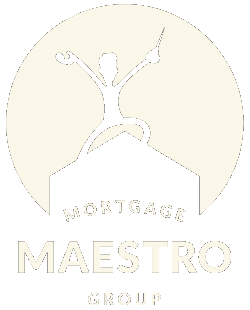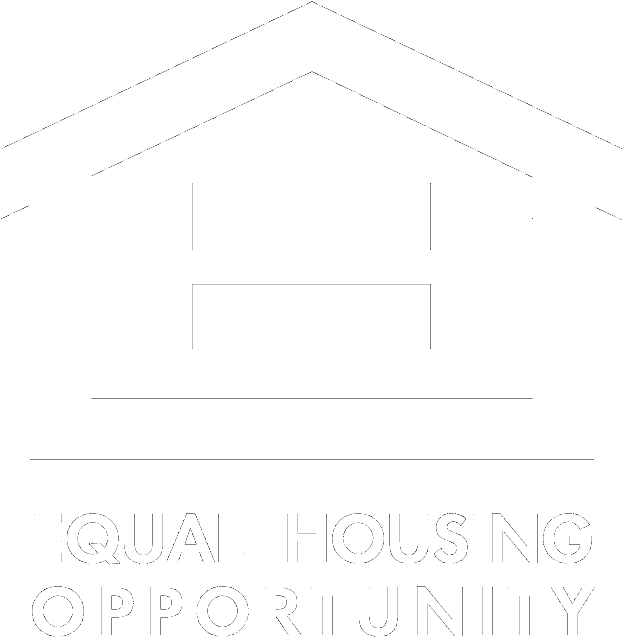A reverse mortgage allows homeowners to use their built-up equity without selling their home or making monthly mortgage payments. Instead of paying the lender, the lender pays you either as a lump sum, a monthly payment, or a line of credit.
The loan doesn’t need to be repaid until you sell the home, move out (for example, into a retirement community), or pass away. At that point, the home is typically sold and the lender is repaid from the proceeds covering the loan amount, interest, and other finance charges. If there’s any remaining equity, it goes to you or your estate.
You still own your home, keep the title, and are responsible for property taxes, insurance, and maintenance. Thanks to FHA rules, you’ll never owe more than the home is worth, even if the loan balance exceeds market value.
To qualify for a reverse mortgage in Denver:
Reverse mortgages are especially helpful for retired homeowners or those on a fixed income who want to stretch their resources. Colorado offers added borrower protections, like a 3-day cancellation window and no prepayment penalties.
The FHA insures the standard option.
We believe in making things simple and transparent so you feel confident every step of the way.
Yes. You remain the owner. The lender places a lien, just like a traditional mortgage.
It depends on your age, home value, and loan balance. Reach out for a personalized quote.
The loan becomes due. Your heirs can choose to repay the loan or sell the home. You or your estate are never responsible for paying more than the home’s market value.
No. The money you receive is not taxable income and typically does not affect Social Security or Medicare benefits.
Only if loan terms aren’t met (like paying property taxes or keeping the home in good shape). We help you stay on track so that doesn’t happen.
Reverse mortgages aren’t a one-size-fits-all solution. But for many Denver homeowners, they’re a powerful way to turn home equity into peace of mind.
Want to see if it’s right for you? Call Mortgage Maestro Group at 303.779.0591 or Schedule Your Free Consultation.
Let’s make your home equity work smarter for you.

Licensed in Colorado as Maestro LLC (DBA Mortgage Maestro Group) is an Equal Housing Lender.
Consumers wishing to file a complaint against a company or a residential Mortgage loan originator should complete and send a complaint form to the Texas department of savings and mortgage lending, 2601 North Lamar, suite 201, Austin, Texas 78705. Complaint forms and instructions may be obtained from the Department’s website at www.sml.texas.gov. A toll-free consumer hotline is available at 1-877-276-5550. The department maintains a recovery fund to make payments of certain actual out of pocket damages sustained by borrowers caused by acts of licensed residential mortgage loan originators. A written application for reimbursement from the recovery fund must be filed with and investigated by the department prior to the payment of a claim. For more information about the recovery fund, please consult the department’s website at www.sml.texas.gov.
Home Mortgage Disclosure Act Notice. The HMDA data about our residential mortgage lending are available online for review. The data show geographic distribution of loans and applications; ethnicity, race, sex, age and income of applicants and borrowers; and information about loan approvals and denials. HMDA data for many other financial institutions are also available online. For more information, visit the Consumer Financial Protection Bureau’s website.
